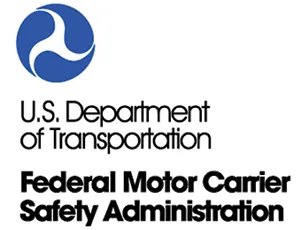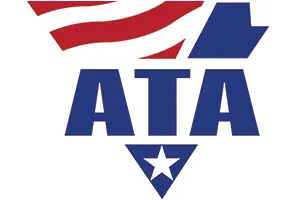Senior Reporter
FMCSA Planning New Study on Sexual Assault and Harassment

[Stay on top of transportation news: Get TTNews in your inbox.]
With an eye on future policy, federal trucking regulators are planning a new study to dig deeper into the prevalence and severity of sexual assault and sexual harassment across the commercial motor vehicle industry, particularly among drivers.
The study, which was recommended by the Federal Motor Carrier Safety Administration’s Women of Trucking Advisory Board, is intended to “better understand problems of sexual assault and harassment among drivers and help identify possible countermeasures,” said a notice posted in the Federal Register earlier this month.
The notice continued, “FMCSA will use the results of this study to understand any potential regulatory or policy measures needed to improve driver safety and mitigate assault and harassment, work with industry partners on outreach and other efforts to improve driver safety through prevention, and support the participation of women in the commercial motor vehicle industry.”
Criminal sexual harassment of women and minority male drivers, long a concern of the agency, already has been the subject of a study and survey to better understand the nature and prevalence of the problem.
The FMCSA-commissioned study was published in November 2022 by researchers at Battelle Memorial Institute. It included a survey of drivers.

“Drivers reported a range of harassment types, such as being called offensive names or threatened with weapons,” the study reported. “It concluded that women truck drivers are particularly vulnerable to crimes that are sexual in nature and are more likely to experience harassment from another truck driver or from trainers.
“Crimes against women truck drivers are more likely to happen at night, though they also occur throughout the day and cycle of a driver’s run.”
Now regulators want to take another step for additional research to support potential policy changes that would address improvements to current practices and reporting methods for drivers related to sexual assault and harassment and to establish improved outreach and safety resources. The study also will attempt to develop a comprehensive, deeper framing and understanding of baseline data and issues related to assault and harassment.
Seeking the optimal study design, the agency said it is considering a survey and interview approach as well as potential peer reviews of findings at key milestones throughout the study.

“American Trucking Associations, through its Women In Motion initiative, will be working with DOT and FMCSA as they work to identify and address this problem,” said Sarah Rajtik, ATA’s chief operating officer. “A core part of WIM’s mission is to ensure that everyone — regardless of their gender — feels safe and secure as part of the trucking industry.”
“The past study was inadequate because the sample was too small,” said Laura Duryea, manager of recruiting, retention and driver development for Boyle Transportation. “Fleets get a lot of people calling in because they don’t want to report an incident because they’re afraid of losing their jobs.”
“Carriers receive reports of trainers essentially assaulting their trainees, and the trainers not being taken out of the training position as a trainer, which is horrific,” said Duryea, a member of FMCSA’s Women of Trucking Advisory Board. “So you’re leaving a person who has a history of sexual assault in a position of authority.”
It’s important to ask women if they did not report an incident, why?
Laura Duryea, manager of recruiting, retention and driver development for Boyle Transportation
Image
Duryea said the last agency study didn’t ask the right people the right questions.
“This is supposed to be a study for women, but they lumped everybody together,” she said. “Also, it’s important to ask women if they did not report an incident, why?”
The agency is seeking answers from stakeholders to a number of questions when they structure a new study, including:
- What type of study design will best characterize the nature and scope of sexual assault and sexual harassment within the industry that can be used to develop appropriate countermeasures?
- Who in the industry should be included (i.e., targeted stakeholders) in the study?
- What research is available for designing and administering questions about the problems (e.g., style of questions, sequencing, repetition, phrasing, etc.)?
Want more news? Listen to today's daily briefing below or go here for more info:





